Hemp is a subspecies of cannabis that is not psychoactive, and is grown mostly for industrial use. As of lately, active compounds from hemp are being added to many wellness supplements, creating a worldwide demand for this plant.
But is this all that makes hemp so popular?
If I had just 30 seconds to teach you everything you need to know about hemp, here’s what I would say:
- Hemp has very low levels of THC (below 0.3%) and is very high in CBD
- It is commonly used for medical purposes through hemp-based CBD oil
- It’s practically impossible to get high from it (as it has no THC)
- It has an insanely diverse application in numerous industries
- It has a very rapid rate of growth
- It absorbs far more carbon dioxide than trees
- Hemp seeds are extremely rich in both essential amino and fatty acids, protein and fiber
- Hemp is NOT a male cannabis plant
- Hemp is a subspecies of cannabis (just like nectarine is a subspecies of peach)
Even though they are not the same plant, hemp and cannabis belong to the same family.
Here’s all you need to know. In detail.
What is hemp exactly?
Hemp and cannabis are basically first cousins.
Hemp is a subspecies of cannabis and belongs to a plant family called Cannabaceae.
Within that plant family, there is a group of plants called Cannabis. Within that group, one species was specifically bread for its industrial use. It contains no THC and has a wide range of uses.
That plant is called hemp. Here’s how it looks like compared to cannabis
(the one that gets you high).
See the difference?
I like to think of these using the peach-nectarine analogy, whereby cannabis is a peach and hemp is a nectarine, a subspecies of the main plant.
How does hemp make you feel?
Since it has a lot of CBD, hemp introduces feelings of relaxation into the body and mind, allowing for a greater quality of life.
CBD has been thoroughly researched and, so far, we have identified it has 7 main benefits:
- Reduces neuropathic pain
- Relieves spasms and inflammation
- Reduces seizure frequency in epilepsy patients
- Relieves anxiety and insomnia caused by PTSD
- Slows down the advancement of MS
- Acts as an antipsychotic
- Relieves anxiety
What is hemp used for?
Hemp can be used for a number of different things:
- Food, primarily hemp seeds, and oil derived from hemp seeds
- Paper
- Bioplastic
- Biofuel (Biodiesel)
- Clothing and similar fabrics
- Reduction of carbon dioxide in the atmosphere
- Building and construction materials
- Making CBD oil
Hemp is used for making bioplastic, paper and clothing.
Hemp seeds are used as a food supplement, but the volume of production isn’t particularly large. Hemp is also used for making CBD oil.
Countries including Canada, Australia, UK, France, Germany, Spain, Italy and China are all growing industrial hemp, and the US is currently its biggest importer.
It is a little-known fact that biodegradable hemp-plastic is currently for different types of interior panels in the automotive industry. Manufacturers like BMW, Mercedes Benz, Audi and Lotus are all using hemp in their production.
Clothing companies like H&M, Adidas and Puma have also been incorporating industrial hemp in their products.
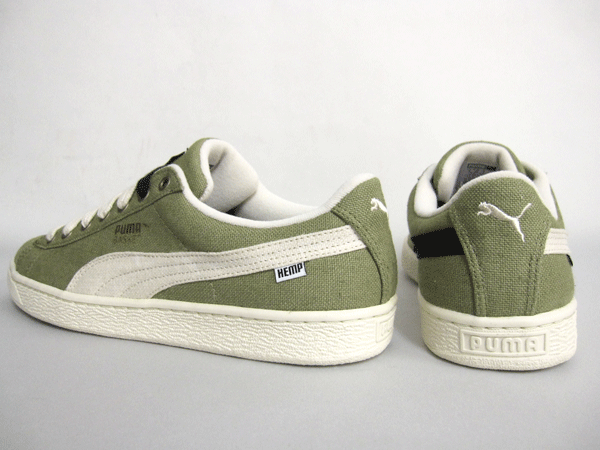
Is hemp legal to grow?
The Canadian government allowed hemp production back in 1998, and since 2018 hemp is once more legal to grow in the US.
Other countries where industrial hemp can be grown are Australia and New Zealand, Austria, Chile, China, Denmark, Finland, France, Germany, Great Britain, Hungary, India, Netherlands, Poland, Romania, Russia, Slovenia, Spain, Switzerland, Egypt, Portugal, Thailand and the Ukraine.
Is hemp a drug?
Since it has active ingredients that can alter the body’s function, albeit in a positive way, hemp-extract can be considered a drug.
However, unlike regular cannabis, which has a high concentration of THC (5-25%), industrial hemp is a subspecies of cannabis that has very low levels of THC, around 0.3 %.
THC is one of the chemical compounds responsible for the medicinal benefits of cannabis, but it’s also the only one that causes “the high”.
Can you smoke hemp?
Industrial hemp can be smoked, but because of its low cannabinoid profile, it doesn’t have the medicinal properties of regular cannabis and is therefore not usually smoked.
While it’s theoretically possible to get slightly high from hemp, you’d require a mammoth amount. Also, because THC is present only in trace amounts, hemp can’t be used for recreational purposes.
For medicinal and recreational needs, stick to regular cannabis and hemp-based oils and tinctures.
Just to recap: Cannabis and marijuana (a slang term) are the same thing, while (industrial) hemp is the low-THC relative of cannabis.
Is hemp good for pain?
Unlike high-THC cannabis, hemp is not usually used for treating any type of pain, whether it’s chronic or acute.
However, there are certain cases where hemp-based CBD oil
What’s the difference between hemp and CBD?
CBD (cannabidiol) is one of 113 active compounds present in all cannabis varieties, including hemp.
One of the main uses for hemp nowadays is for making CBD oil, which is achieved by using a variety of extraction techniques.
CBD oil can also be made by extracting CBD from regular cannabis plants that have large concentrations of this cannabinoid.
What are the benefits of hemp seeds?
Nutrition-wise, the most important part of the hemp are its seeds.
They are truly a powerhouse of nutrients:
- Hemp seeds are 30% fat (very rich in omega-3 and omega-6 essential fatty acids, in a very balanced ratio, 1:3)
- Over 25% of hemp seeds is high quality protein, and they are considered as a complete source of protein, as they have all essential amino acids (which cannot be synthesised by our bodies, and have to be obtained through diet)
- Rich in vitamin E, phosphorus, sodium, magnesium, potassium, calcium, sulfur, zinc and iron
Hemp seeds can be eaten raw, cooked, roasted, grounded up, sprouted, made into oil, milk or a powder.
Does hemp oil have any health benefits?
Hemp oil refers to cold-pressed oil made from hemp seeds, and just like raw seeds, it’s extremely beneficial.
All hemp-seed derived foods are great for:
- Reducing inflammation
- Improving immune function
- Cardiovascular diseases
- Improving circulation
- Lowering cholesterol
- Lowering blood pressure
- Psoriasis
- Arthritis
- Weight loss
- Recovery from disease and injury
Can hemp seeds make you fail a drug test?
Hemp seeds have a very miniscule amount of THC in them, and since THC is stored in the fat cells, it’s somewhat possible that a very sensitive test will find traces of THC in your system.
This can happen only if you regularly consume amounts that are several times larger than the recommended daily dosage (which is around 40-50 grams per day).
THC levels in hemp seeds are so low that there’s absolutely no psychoactive effects.
Does hemp oil have side-effects?
Hemp oil made from hemp seeds (not to be confused with CBD oil or RSO) is a natural and safe dietary supplement, so there shouldn’t be any adverse effects.
The only downside is the potential THC build-up (that is if you live in a place where cannabis is still illegal), but this can be avoided by following the guidelines on how to properly dose this oil.
Click here to check out our detailed cannabis dosage guidebook.
Is hemp good for the environment?
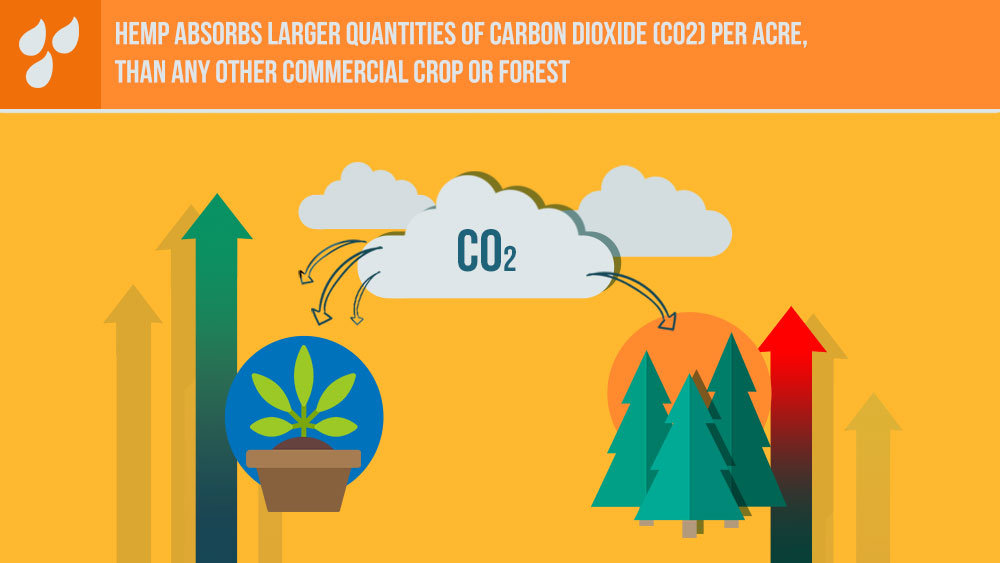
Here’s how hemp benefits the environment:
- It remediates the soil it grows in, which basically means that it cleans the soil by extracting numerous pollutants and heavy metals from contaminated soil. It was even used in Chernobyl to reduce radioactivity.
- It can be used for creating ethanol, and thus biofuel, or more precisely biodiesel. Compared to corn, hemp has almost double-yields, which means that using hemp produces twice as much ethanol. It also uses ⅓ of water compared to corn, and requires no pesticides and herbicides (a naturally disease-free crop), unlike corn which has high pesticide/herbicide requirements.
- Hemp is a far better solution for the production of paper compared to trees, because it has a fantastic photosynthesis rate, which means it grows more rapidly, and also that it uses more carbon dioxide in the process. Hemp requires only 3 to 4 months to fully develop, unlike trees which of course need years to fully mature.
- It is the most efficient carbon-negative crop, which means it absorbs larger quantities of carbon dioxide (CO2) per acre, compared to all other commercial crops or forests.
Is hemp better than trees?
This is a somewhat silly comparison, but for the production of paper and lowering CO2 levels in the atmosphere hemp seems to be a far superior option.
Increased levels of carbon dioxide are caused by our use of fossil fuels, and this negative trend shows no signs of stopping. Using hemp for these purposes would replace wood pulp and put an end to deforestation.
What is hempcrete?
This biocomposite material is made from hemp hurd (the inner woody part of the stalk), lime and water.
Hempcrete is used in construction, and it regulates both the temperature and the humidity of a building, greatly lowering energy spending and the need for heating/cooling.
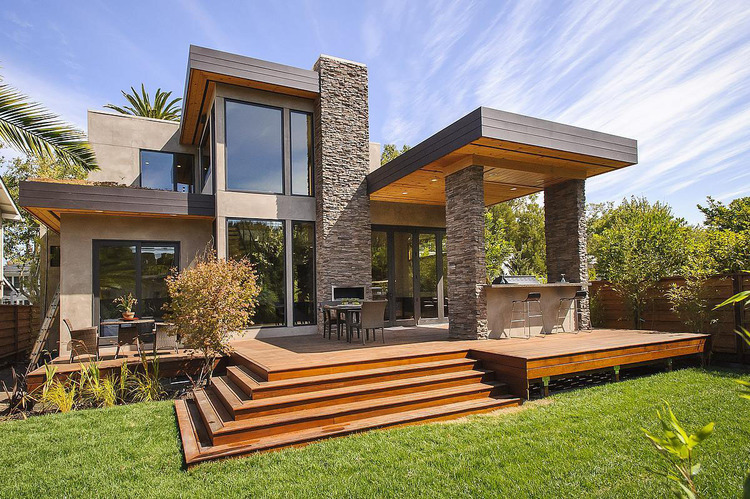
Hempcrete is a carbon negative material, which means the production of hempcrete doesn’t pollute the atmosphere of our planet with additional carbon dioxide.
Buildings made with this biocomposite are also able to absorb and emit moisture, allowing the structure to “breathe”, which is much healthier and energy-effective option than regular concrete/brick housing. This material is also mold-resistant, and fireproof.
Summary
Just as the high-cannabinoid varieties of cannabis are immensely beneficial for human health, hemp offers a multitude of uses, surpassing other crops with its astonishing efficiency.
In the years to come we will hopefully see a global increase in hemp production, which will bring only good to our planet and all of its inhabitants.
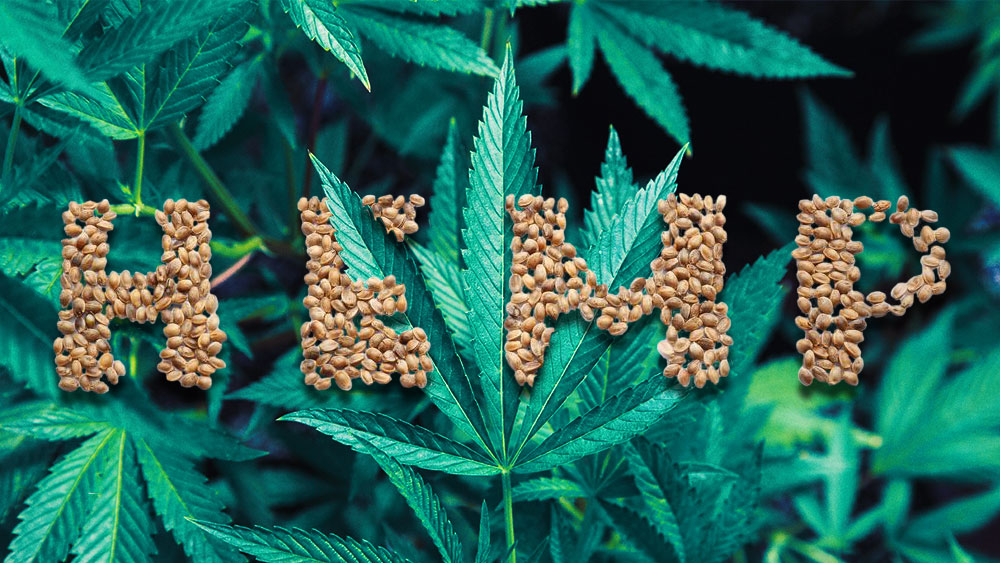
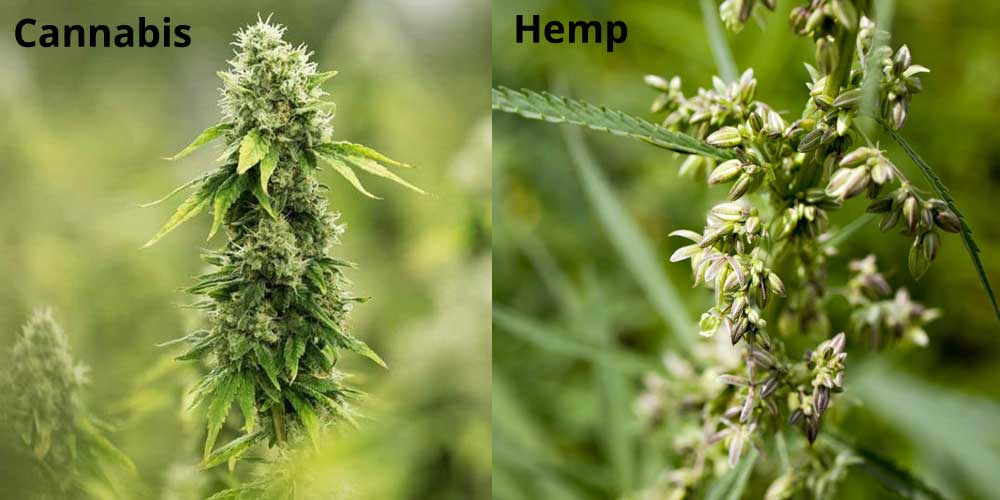
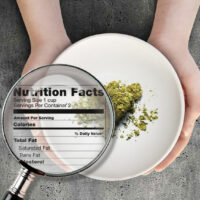

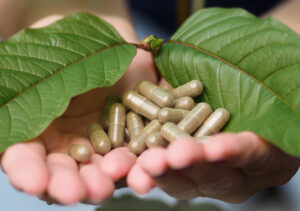
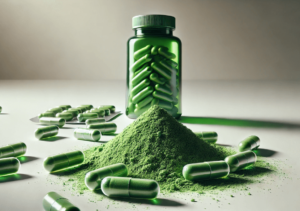
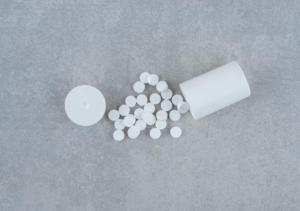
hemp protein September 28, 2020 at 11:45 pm
Exceedingly interesting.